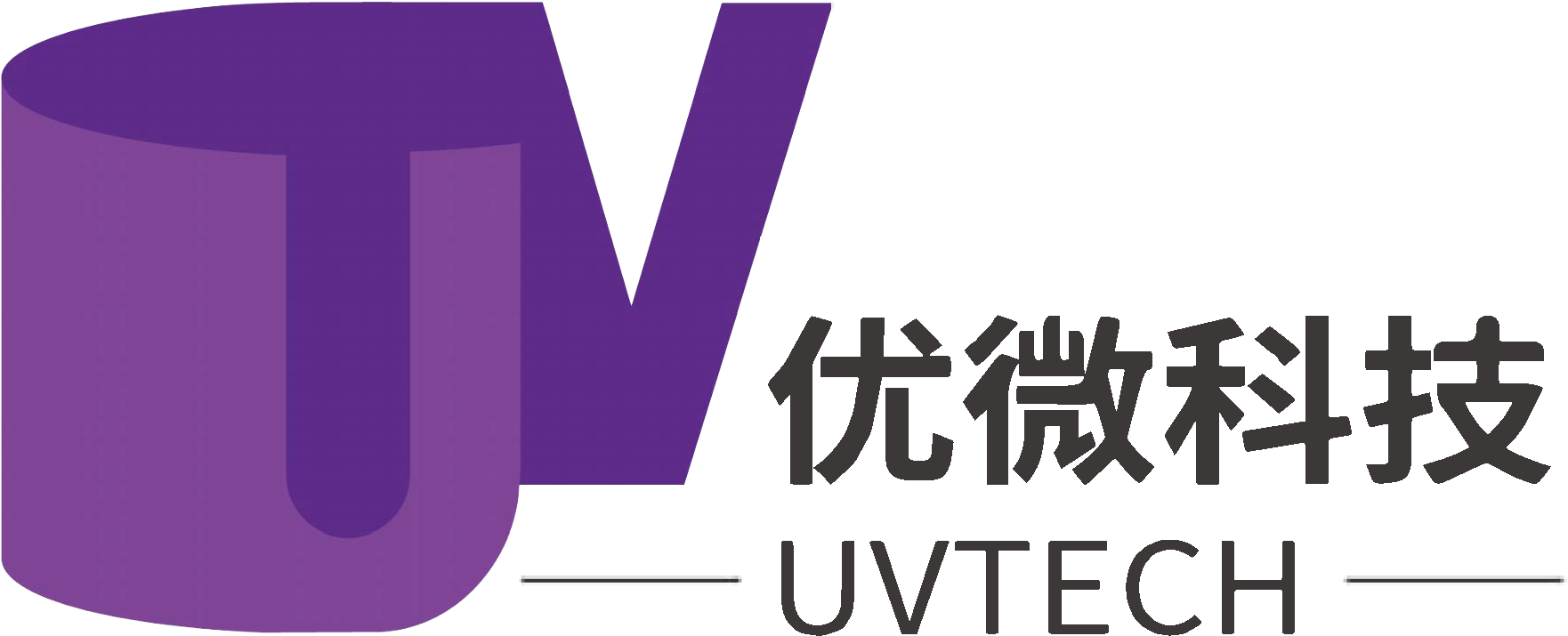From Classroom to Laboratory: How HPLC Empowers Modern Science Education
Release time:
2025-08-07
In today’s rapidly evolving scientific world, hands-on experience with advanced instruments is more important than ever for students in chemistry, biology, and pharmaceutical programs. Among the most impactful tools introduced in university labs is High-Performance Liquid Chromatography (HPLC) — a technique that not only reveals the composition of complex mixtures but also prepares students for real-world careers in research and industry.
Why Is HPLC Important in University Teaching Labs?
While textbooks offer theoretical knowledge, HPLC brings that theory to life. It teaches students essential concepts such as separation science, method development, instrument calibration, and data interpretation — all in one experiment.
Typical learning objectives include:
Understanding the principles of chromatographic separation
Operating complex analytical instruments under supervision
Learning sample preparation techniques
Developing critical thinking through data analysis and troubleshooting
Exploring applications in pharmaceuticals, food science, and environmental testing
Case Example: Teaching Vitamin C Analysis in Beverages
A common undergraduate experiment uses HPLC to determine the concentration of ascorbic acid (vitamin C) in fruit juices. Students prepare samples, filter them, and run them through an HPLC system equipped with a UV detector. They then interpret the chromatograms, compare peak areas to a standard calibration curve, and draw conclusions about the nutritional content of different juices.
This not only reinforces chemical principles but also gives students a glimpse into quality control procedures used in real industries.
Benefits of HPLC in Education
Bridges theory and practice: Helps students understand how concepts apply to real-world analysis
Career preparation: Familiarizes students with instruments they will encounter in research or industry
Hands-on skills: Teaches precision, patience, and problem-solving
Cross-disciplinary use: Supports training in chemistry, biology, pharmacy, food science, and more
Looking Ahead: Making HPLC More Accessible
As universities modernize their lab facilities, more are investing in compact and user-friendly HPLC systems designed specifically for teaching purposes. Simplified interfaces, built-in safety features, and robust design allow students to focus on learning, not just equipment handling.
In some institutions, virtual HPLC simulations and remote-controlled systems are also being integrated to complement in-person experiments and expand access.
Conclusion
HPLC is more than an advanced analytical tool — it’s a gateway to scientific discovery and professional development. By giving students real-world skills and exposure to industry-grade techniques, it prepares the next generation of scientists, researchers, and innovators.
Key words:
Related News
Contact Information
Add: 2nd Floor, Building 3, No. 1 Chaoqian Rd, Changping, Beijing, China PRC.
HQ: 702, 2#, No.22, Daoan Rd, Suzhou, China.
TEL:86 18613365565
MAIL: info@uvtech-cc.com
Copyright 2024 Beijing UVTech Inc. All Rights Reserved









